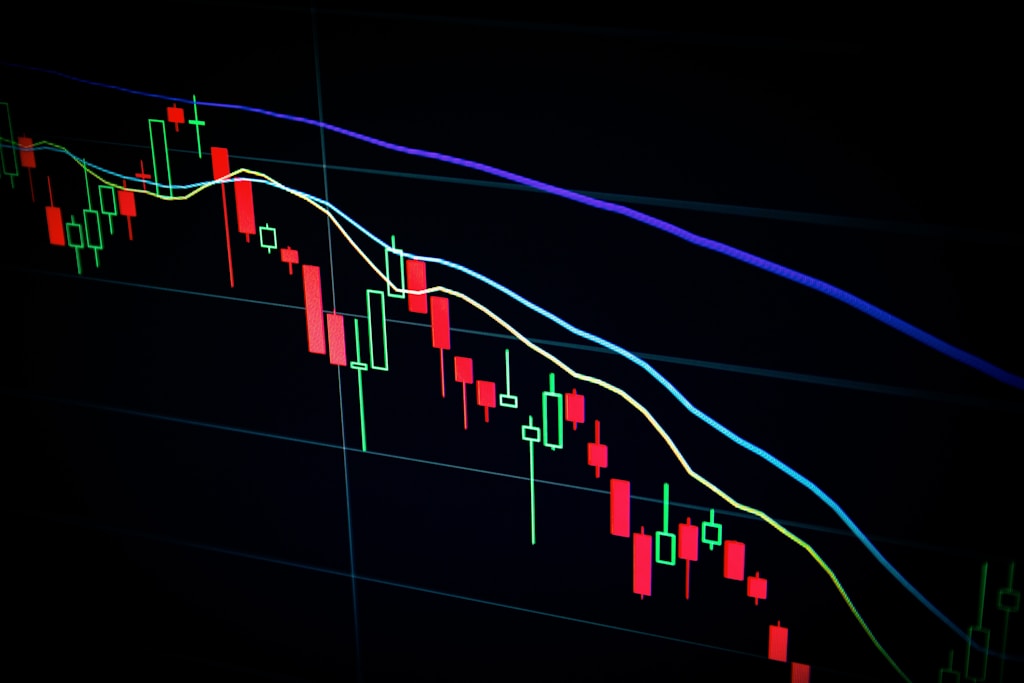In a groundbreaking development for South Korea’s cryptocurrency market, the nation witnessed its first-ever institutional digital asset sale, marking a pivotal moment in the country’s evolving crypto regulatory landscape. This historic transaction, involving the sale of 0.55 ETH by World Vision, comes just days before a crucial presidential election that could reshape the nation’s crypto policies.
Breaking Down South Korea’s First Institutional Crypto Transaction
World Vision, a prominent non-profit organization, successfully executed the sale of 0.55 Ethereum (ETH) for 1.98 million won ($1,437) through Upbit, one of South Korea’s leading cryptocurrency exchanges. This transaction represents more than just a simple sale – it signals the beginning of institutional participation in South Korea’s digital asset market.
This milestone coincides with Ethereum’s broader market momentum, where the asset continues to show strength despite market volatility.
SPONSORED
Trade Ethereum with up to 100x leverage and maximize your profit potential
Regulatory Framework and Implementation Timeline
The Financial Services Commission (FSC) has established a clear roadmap for institutional participation:
- Q2 2025: Non-profit organizations permitted to trade crypto
- Q3 2025: Qualified public companies and professional investors gain market access
- Real-name account verification requirement maintained for all participants
Presidential Election Impact on Crypto Markets
Both major presidential candidates have proposed crypto-friendly policies:
- Kim Moon-soo (PPP): Promises spot crypto ETF approval and institutional investment expansion
- Lee Jae-myung (DPK): Pledges reduced transaction taxes and enhanced market surveillance
Market Implications and Future Outlook
This institutional entry could trigger significant market changes:
- Increased market liquidity from institutional participation
- Enhanced regulatory clarity for digital asset operations
- Potential for more sophisticated investment products
FAQ Section
What does this mean for retail investors?
Retail investors can expect improved market stability and potentially better trading infrastructure as institutions enter the market.
Will this affect crypto prices in South Korea?
Institutional participation typically leads to reduced price volatility and increased market depth.
How does this compare to other Asian markets?
South Korea’s approach aligns with Japan and Singapore’s gradual institutional crypto adoption strategies.
